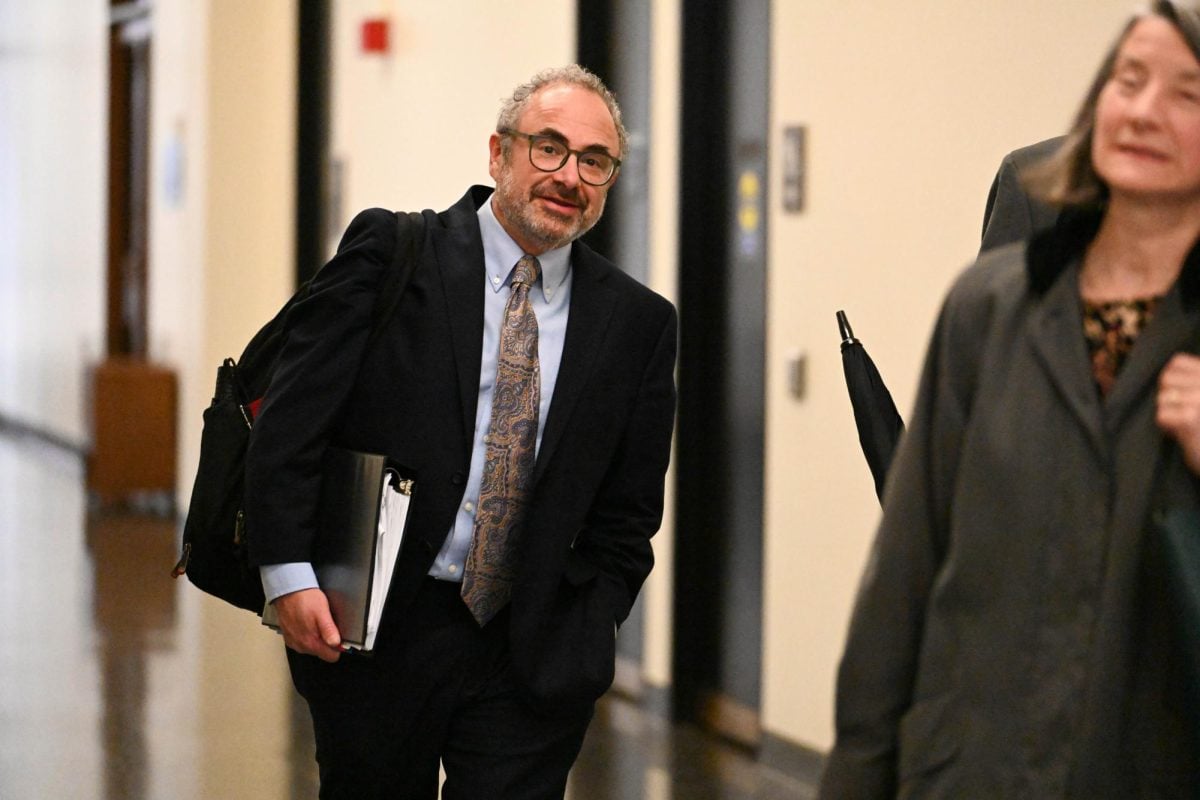Finishing off the initial salvo in a wide-ranging lawsuit over Ryan Field’s transformation into a part-time concert venue, attorneys for Evanston and Northwestern faced off in a Chicago courtroom Wednesday against lawyers for a group of residents opposing the controversial project.
Filed in November against the city, the civil complaint argues that Evanston’s narrow approval of the Rebuild Ryan Field project should be declared invalid.
Since then, NU, which was not named in the lawsuit, has filed to intervene. Alongside the city, it asked the court to dismiss three of the four counts alleged by the residents. Cook County Circuit Court Judge Pamela McLean Meyerson will decide whether to dismiss those allegations on Friday.
The old Ryan Field has largely turned to dust, but the long-brewing litigation continues. Regardless of Friday’s decision, NU and Evanston have not pushed to dismiss one count — which spans the bulk of the residents’ complaint. It alleges the city engaged in “secret negotiations” in favor of NU’s “capricious” zoning change, which prevented residents from exercising their due process rights to oppose the proposal.
Attorney Matt Klepper, who represents NU, said the other counts put “constitutional lipstick” on claims that don’t amount to due process violations.
The three counts debated Wednesday mostly concern the approval of a zoning amendment allowing commercial concerts at Ryan Field. Many residents — and indeed the suit filed in the Cook County Circuit Court — have long focused their chagrin on NU’s plans to host public-facing concerts at the rebuilt football stadium.
Most Livable City Association and 13 stadium neighbors allege in one count that the 5-4 zoning approval with Mayor Daniel Biss’ tie-breaking vote did not meet the “vote threshold” for a majority.
In another, they say NU’s plan to host concerts alters the site’s use so fundamentally it required a zoning map amendment — a more stringent process — rather than only the approved text change.
And in the last count, the plaintiffs allege that under Illinois law, Most Livable City’s written protest sent to the city in early November would have required a supermajority vote by City Council. Because Evanston, a home rule city that creates its own rules, did not set forth a process for protests of text amendments, the state law should have applied, they say.
But an attorney for Evanston argued that for a court to second-guess a home rule city’s application of its own rules, the residents’ claims must amount to due process violations. In this case, they didn’t, lawyer Kurt Asprooth said. And even if the residents’ three counts did, Evanston did not disregard its own “clear and unambiguous” rules that allowed Biss’ tie-breaking vote and five-vote majority, he added.
“The allegation that the city didn’t follow its own rules is simply wrong,” Asprooth said.
Attorneys for NU and Evanston said all three counts do not amount to constitutional violations. As a home rule municipality, Evanston has a right to interpret its own rules about what requires a text versus map amendment, they said. It has a complex scheme for what requires a supermajority vote — so state law would not apply, they added.
Like the city’s counsel, the residents based their argument on “clear and unambiguous language,” said attorney John Shapiro. Unlike the city, he argued, the City Council’s majority-vote definitions showed the ordinance did not pass validly, meaning the zoning changes violated procedures.
Indeed, the argument over the text amendment and state law simmered even before City Council’s final vote in November.
“What we’re really setting ourselves up is for generational litigation,” Ald. Clare Kelly (1st) said at an Oct. 30 council meeting.
Meyerson did not ask any questions during Evanston and NU’s arguments at the hearing’s start. She asked Shapiro to specify a case he had referred to and about Evanston’s argument about a “majority of the council.” Later, she asked Klepper about his thoughts on Shapiro’s argument challenging a home rule city’s use of its voting threshold.
On Friday morning, the judge will announce her decision about whether to dismiss the three counts and potentially the plaintiffs’ request for damages. The complaint, which seeks the court’s declaratory judgment on its claims, will continue regardless — at least through its elaborate first count.
The attorneys for Evanston, NU and the plaintiffs all declined to comment Wednesday. Yet, since November, Most Livable City has regularly denounced Biss as “Tiebreaker Dan” on X, formerly known as Twitter. And its November complaint offered a preview of the disputes that lie ahead.
“Biss and certain councilmembers cut a backroom deal in which they agreed to disregard applicable laws and evidence in exchange for monetary contributions from Northwestern,” the original complaint alleged.
Email: [email protected]
Related Stories:
— Football: Northwestern to play ‘majority’ of 2024, 2025 home games at enhanced Martin Stadium
— Ald. Eleanor Revelle releases NU event parking survey for 7th Ward residents
— Ryan Field zoning lawsuit parties clash after NU intervenes to dismiss case






